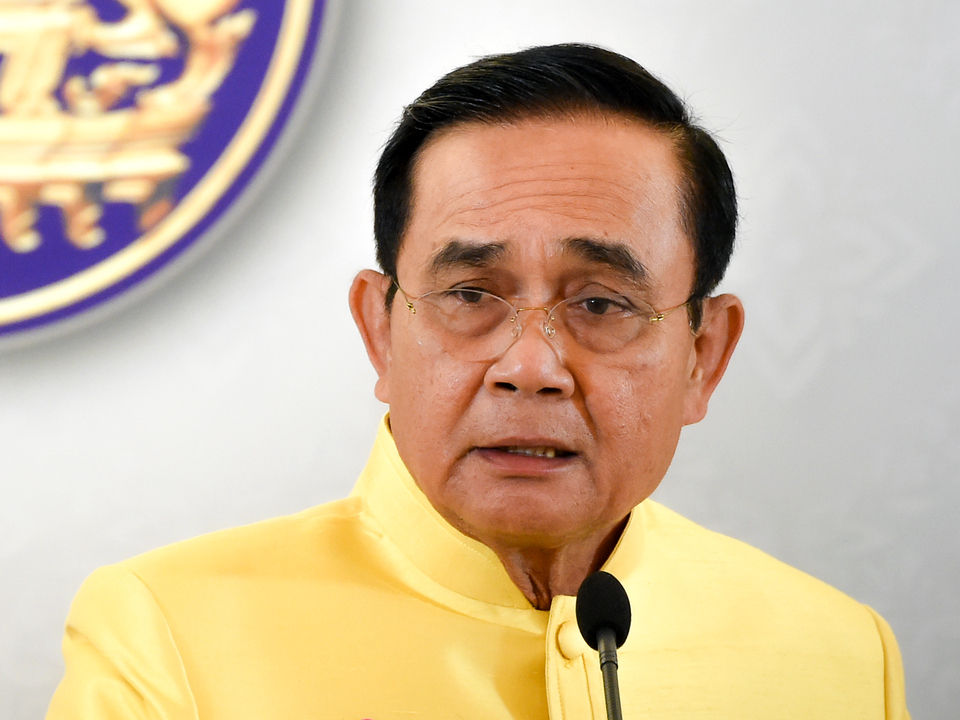
The May 22, 2014 military coup in Thailand was hardly unexpected. Street demonstrations and associated fire bombings in Bangkok for and against against the Yingluck Shinawatra administration had already reached virtually uncontrollable levels. Moreover, there was a mighty clue on May 20 when the army unilaterally announced the establishment of martial law nationwide under largely-forgotten legislation of 1914. The putsch, when it came two days later, was largely bloodless in spite of prior and dire warnings from Thaksin’s Redshirts and was the only coup in Thai history to be launched without tanks in the streets of the metropolis – or anywhere else. The baht temporarily rose in value, doubtless relieved that law and order were back on the table.
General Prayut Chan-o-cha survived in power for over nine years, firstly as commander of the junta’s national council, then from 2019 as prime minister in a general election whose rules were drawn up under military auspices. The weaknesses of his rule are well known: higher court decisions skewed in the junta’s favor, strict suppression of opponents (especially youth voters), strong use of the lese majeste treason laws, use of military courts in the early days to avoid jury trial, a lackluster performance internationally and ongoing economic issues consequential upon the pandemic. In the early years, new laws were promulgated at a stroke of the general’s pen without debate.
In view of this, it is surprising that the general’s nominee United Thai Nation Party performed quite well for a new grouping which was only weeks old. It received the third highest number of votes nationally – not far short of 5 million – and took a total of 36 seats in the House of Representatives. Of course, this was small potatoes compared with the much greater success of Move Forward and Pheu Thai. On 11 July, Prayut announced his retirement from politics (he is not an MP) to avoid the swirling rumors of any attempted prime ministerial comeback with other pro-military parties.
Although Prayut’s years in office are generally seen as “military-orientated and right wing”, emphasizing love of country and monarchy, the stereotype doesn’t fully fit. His administration saw the legalization of ganja, admittedly a rather confusing set of rules in practice, which now faces recriminalization under the possible “liberal” administration by Move Forward and/or Pheu Thai. The removal of ganja from the list of narcotics in Thailand must be the only example in recent history of a military-backed government abolishing criminal penalties for possessing or smoking marijuana. Prayut’s junta Cabinet also witnessed the approval of gay marriage, another virtual first in Asia, although the actual legislation will have to await the incoming government.
Other positive features included the establishment of the Eastern Economic Corridor to create a high-tech and import-export hub in three central provinces (including Pattaya’s Chonburi region) and Prayut’s personal decision in 2015 to allow tourists from dozens of visa-exempt countries to extend their initial 30 days stamp by a further month at local immigration offices without needing to leave Thailand. History is never kind to coup makers for all the obvious reasons, but Prayut’s nine years were not wholly negative.






